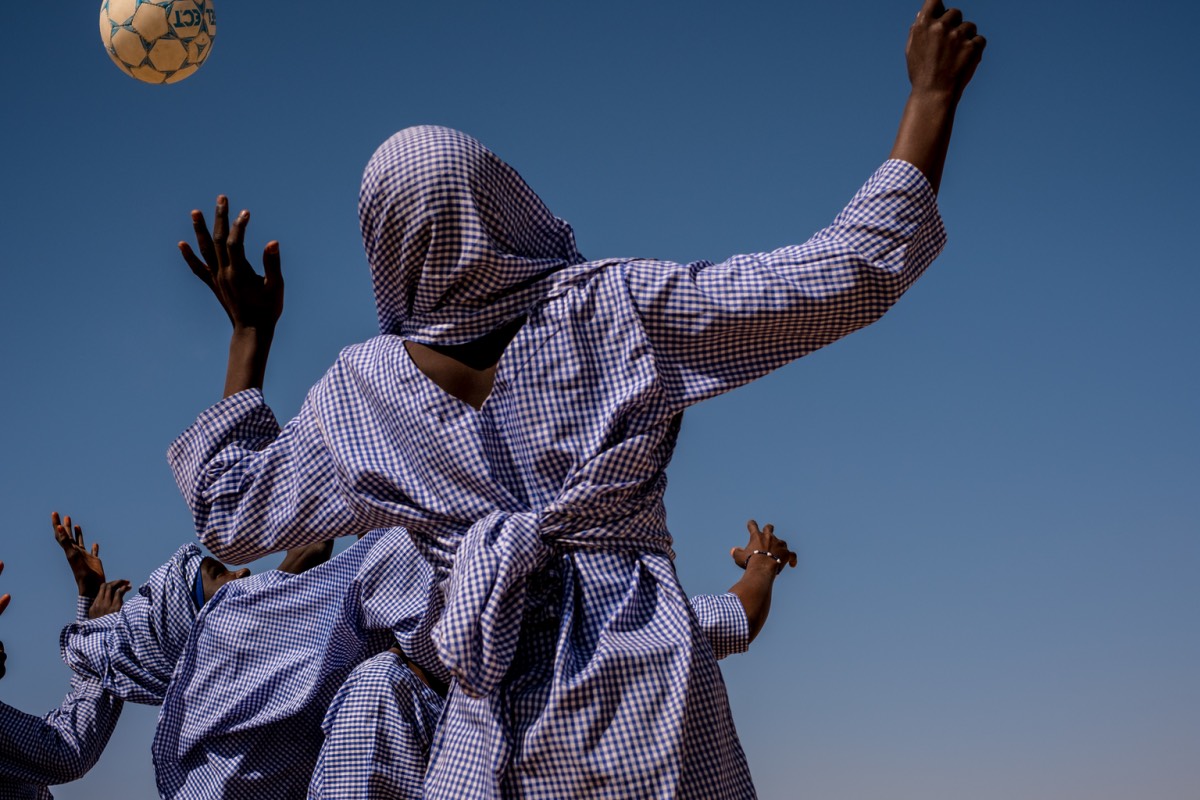LAGOS, Nigeria – The West African Humanist Network has applauded Gambian lawmakers for rejecting a bill that sought to decriminalise female genital mutilation in the country.
This move comes as a significant victory for human rights advocates and a step forward in the fight against harmful traditional practices, according to a statement signed by Leo Igwe, a member of the West African Humanist Network, emailed to The Trent on Sunday, July 22, 2024.
In a previous statement, humanists from the region condemned the efforts by certain Muslim clerics and their supporters to repeal the ban on female genital mutilation.
The practice was outlawed in 2015 by then-president Yahya Jammeh, who declared FGM incompatible with Islam.
However, this view has been challenged by some Muslim leaders who continue to advocate for its legalisation.
The bill, presented by Muslim lawmaker Almammeh Gibba, argued that female genital mutilation, if performed correctly, should not be considered mutilation.
Gibba claimed that the proposed legislation aimed to uphold Islamic religious purity and safeguard cultural norms and values.
The rejection of this bill has been met with relief and satisfaction by the West African Humanist Network.
The human rights organisation described the attempt to unban female genital mutilation as a retrogressive move and a despicable piece of legislation.
The organisation reiterated that female genital mutilation is a severe violation of women’s and girls’ rights, undermining their reproductive health and overall humanity.
The West African Humanist Network has called on Gambian authorities to remain vigilant, warning that the rejection of the bill could push the practice underground.
In the statement, the organisation emphasised that harmful cultural and religious practices are often resilient and do not disappear overnight.
There is a concern that families and communities supportive of female genital mutilation may continue the practice in secrecy.
“Health authorities in Gambia are urged not to become complacent following this legislative victory,” the statement read in part.
“Continuous monitoring and regular health checks for girls in the country are recommended to ensure compliance with the ban and to protect the well-being of all children.
“Punishments for those found guilty of performing or facilitating FGM should be strictly enforced,” the statement suggested.
Furthermore, the West African Humanist Network calls for ongoing engagement with the bill’s sponsors and supporters as the rejection of the bill alone may not change their views or practices.
“The government should work towards educating and reasoning with the clerics to help them understand the harmful impact of FGM and to adopt more progressive attitudes toward women and girls,” Mr Igwe wrote.
The network also encouraged to promote religious and cultural reformation within the country.
Progressive ideas regarding gender, sex, and sexuality should be embraced, ensuring that democratic principles, human rights, and the rule of law are upheld against any attempts by religious extremists to undermine them.







